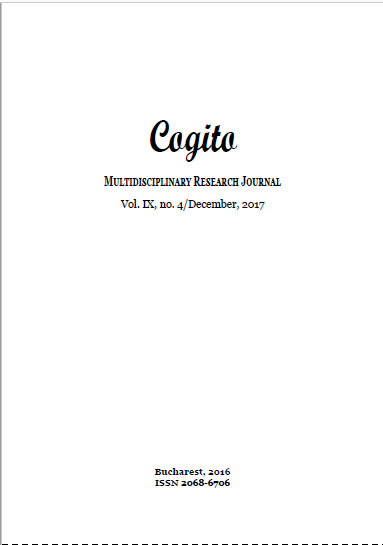DIFFERENT FORMS OF DEMOCRACIES - CAN COUNTRIES CHANGE FORM OF GOVERNMENT, AND WHAT ARE THE EFFECTS OF SUCH TRANSITION?
DIFFERENT FORMS OF DEMOCRACIES - CAN COUNTRIES CHANGE FORM OF GOVERNMENT, AND WHAT ARE THE EFFECTS OF SUCH TRANSITION?
Author(s): Lee Rahel NirelSubject(s): Political history, Government/Political systems, Evaluation research
Published by: Editura Pro Universitaria
Keywords: Representative Democracy; Presidential Democracy; Parliamentary Democracy;
Summary/Abstract: In the 21st Century, many of the world’s countries are democratic in various degrees, and it is the most prevalent form of government in western countries. Either it by democratic system in general or by parliamentary democracy in particular, it has important economic and political consequences. It means "the power of the People", but it does not always mean the same. It influences every aspect of our lives, and share several common features, such as equal right to vote, basic human rights, separation of powers between the institutions of the state, freedom of opinion, speech, press, and religious liberty. However, there are variants to each democratic system. The question arises whether or not a country can change its government system and what can be the implications of such a change? It is possible to assume that a country may decide that its system is not compatible due to internal influences and/or external influences, and create a change. Thus, the paper explores and examines the different forms of democracy and whether it is possible to change between systems of government and what are the implications.
Journal: Cogito - Multidisciplinary research Journal
- Issue Year: 2017
- Issue No: 4
- Page Range: 57-65
- Page Count: 9
- Language: English

